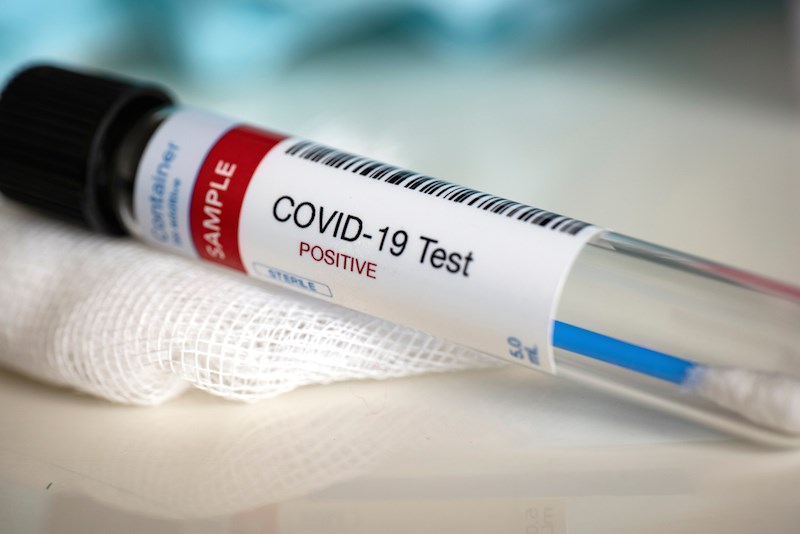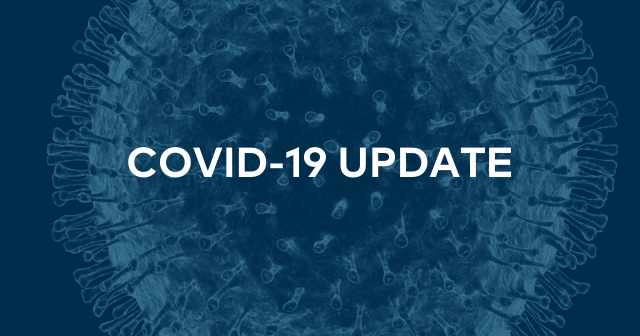SEOUL, South Korea, Feb.18, 2021 /PRNewswire/ — A new study shows that the less-invasive saliva test for COVID-19 gives just as accurate results as those of the nasopharyngeal specimen.
A research team at the Department of Laboratory Medicine at Kangwon National University School of Medicine, led by Professor In-bum Suh, carried out the PCR test for COVID-19 on 90 hospitalized individuals with suspected COVID-19, both with saliva and nasopharyngeal methods.
In order to collect sufficient specimen, samples were collected from study participants, who were required to refrain from any activities including eating, drinking, and smoking, for 30 minutes after they got up in the morning.

For the study, the research team had used Seegene’s flagship COVID-19 tests, both of which had been CE-IVD marked and target 12 different genes of COVID-19, influenza and the common cold.
As a result, both the saliva and nasopharyngeal test’s percentage agreement for detecting COVID-19 was over 98.8% making Seegene’s COVID-19 diagnostic test equally accurate and effective when testing saliva and nasopharyngeal specimen.
Professor Suh, the lead researcher of the study said, “The demand for saliva-based COVID-19 tests is on the rise, as the world still battles with short supply of specimen collecting swab for nasopharyngeal tests.” He added that the study has “clearly proven that saliva tests are just as accurate and effective as nasopharyngeal tests in precisely diagnosing COVID-19.”
The research team also conducted a separate study on extraction-free application, one without the nucleic acid extraction step, and found the percentage agreement between Seegene’s extraction-free saliva test and extraction-free nasopharyngeal swab test to be over 96%. In other words, the extraction-free method using the saliva sampling would be just as applicable for the PCR test in detecting SARS-CoV-2.
Generally in COVID-19 PCR tests, the nucleic acid extraction process is considered as a prerequisite in order to isolate and purify nucleic acid from specimens. Depending on the circumstances, however, some countries may not be fully equipped to carry out the extraction process.
Some even face reagent shortages, despite a surge in testing capacity, eventually leading many laboratories to resort to extraction-free method.
The implication of the study was introduced during the 28th International Molecular Medicine Tri-Conference. The three-day conference started February 16th.










